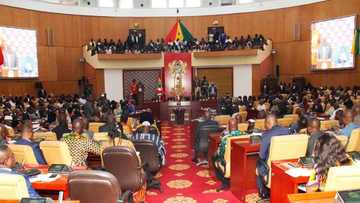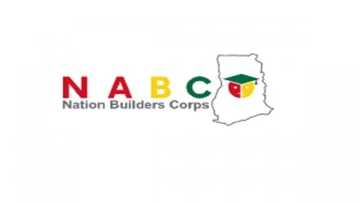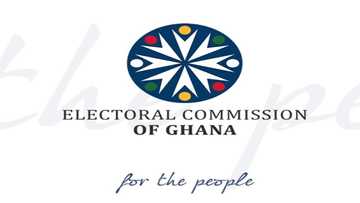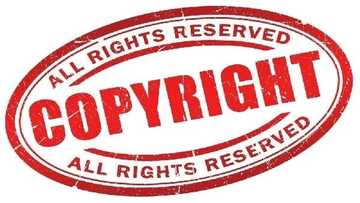How to organise a lawful public protest in Ghana: What does the law state?
Protests, when lawfully initiated, are an important tool that citizens can use to trigger whatever positive change they feel is needed in governance. Recently, a spate of walks and protests are taking place in Ghana. Some have led to a confrontation between the organisers and the government due to illegality. This has made it important to know how to organise a lawful public protest in Ghana.
PAY ATTENTION: Сheck out news that is picked exactly for YOU ➡️ find “Recommended for you” block on the home page and enjoy!
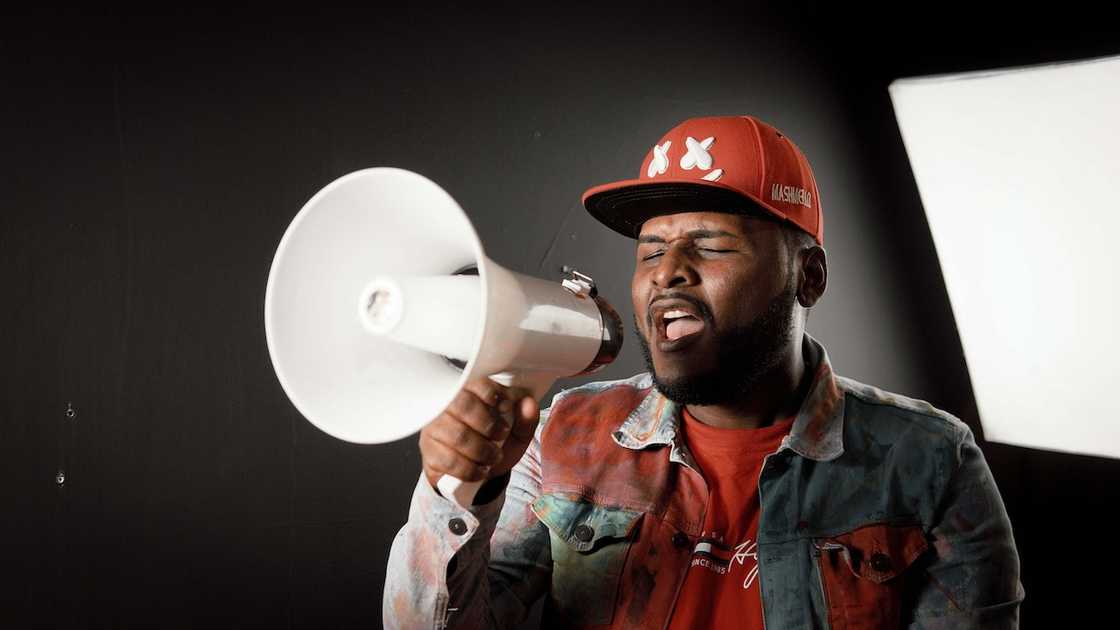
Source: UGC
Understanding how to legally organise a protest has become necessary in Ghana and worldwide. This is because a couple of them are being forcefully restricted by the government even though there is an active policy on freedom of assembly. Most often than not, the excuse given for this is backed by various sections of the law obtainable in that country about protection.
How to organise a lawful public protest in Ghana
Firstly, you should understand that protesting is not the same as rebelling as long as the intentions are genuine. Then, you need to pay attention to various laws that support and restrict how to plan a legal protest.
Laws guiding how to organise a protest march
One of the first laws on how to organise a protest legally is the International Human Rights Framework on the Right of Peaceful Assembly. So, article 21 of the 1966 International Covenant on Civil and Political Rights (ICCPR) states thus:
PAY ATTENTION: Click “See First” under the “Following” tab to see YEN.com.gh News on your News Feed!
The right of peaceful assembly shall be recognised. No restrictions may be placed on the exercise of this right other than those imposed in conformity with the law and which are necessary in a democratic society in the interests of national security or public safety, public order (ordre public), the protection of public health or morals, or the protection of the rights and freedoms of others.
At the continental level, Ghana is a party to Article 11 of the 1981 African Charter on Human and Peoples' Rights. The law states thus:
Every individual shall have the right to assemble freely with others. The exercise of this right shall be subject only to necessary restrictions provided for by law in particular those enacted in the interest of national security, the safety, health, ethics, and rights and freedoms of others.
What to do when planning a protest in Ghana
Any person or group trying to organise a protest must notify the Ghana Police force of their intention.
The notice must be written and show the reason for embarking on such, where it will take place, and for how long.
The written notice must be sent to the police five days before the protest is supposed to happen. This is crucial to allow the enforcement agency to prepare its officials to guide the process.
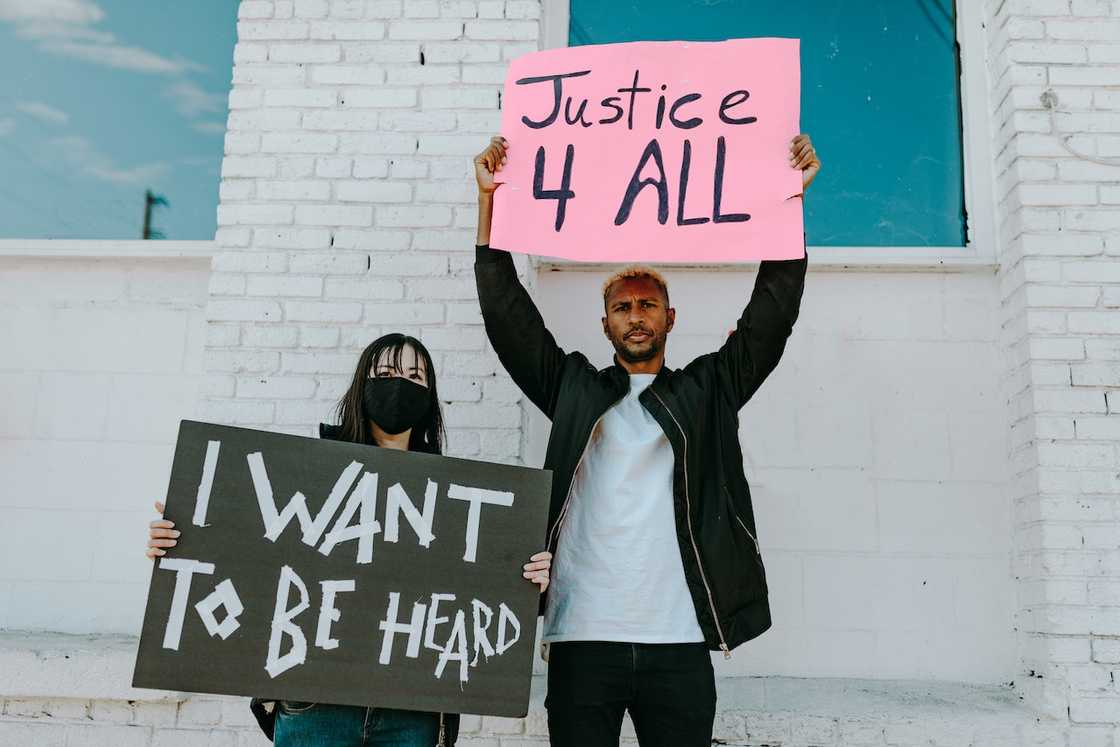
Source: UGC
But then, note that notifying the police is not synonymous with seeking permission from them. If you are not permitted to, or there is any hindrance in the process, you have the right to seek redress in court. You can do this if you have sent out a notice and stuck to the content and context of your notification.
Ghana is a party to the 1998 Protocol on the African Court on Human and Peoples' Rights, which permits the march organisers to write petitions to the court regarding the unlawful restriction of a protest.
This provision is also made in the First Optional Protocol to the ICCPR, which permits individuals to solicit the Human Rights Committee if they think the State has infringed on their human rights as defended under the covenant.
How to protest a government contract award
If you are a contractor and feel hard done by the government in the outcome of a project bid, you may want to seek redress as soon as you discover reasons for such. Generally, contractors may protest a government contract on the following accounts:
- The bid needs to be thoroughly explained, as the requirements could have been more specific;
- There are small business issues, including unfair size standards, HubZone issues, "failure" to make provisions for small businesses;
- The bid request contains unnecessary requirements;
- More time is needed to get the bid across;
- There are several brand names or similar issues.
An awarded government contract can also be protested by citizens with good grounds for misgiving the process. A bidder can protest if they believe certain privileges were not made available for them and were given to the contract winner.
Nonetheless, the protester must:
- Request for government records that may reveal discrepancies;
- Protest or dispute the awarded contract if it can be proven that there was a violation;
- Initiate an administrative procedure through the agency that announced the bid and processed it;
- Take a preliminary injunction that will put the execution of the contract on hold.
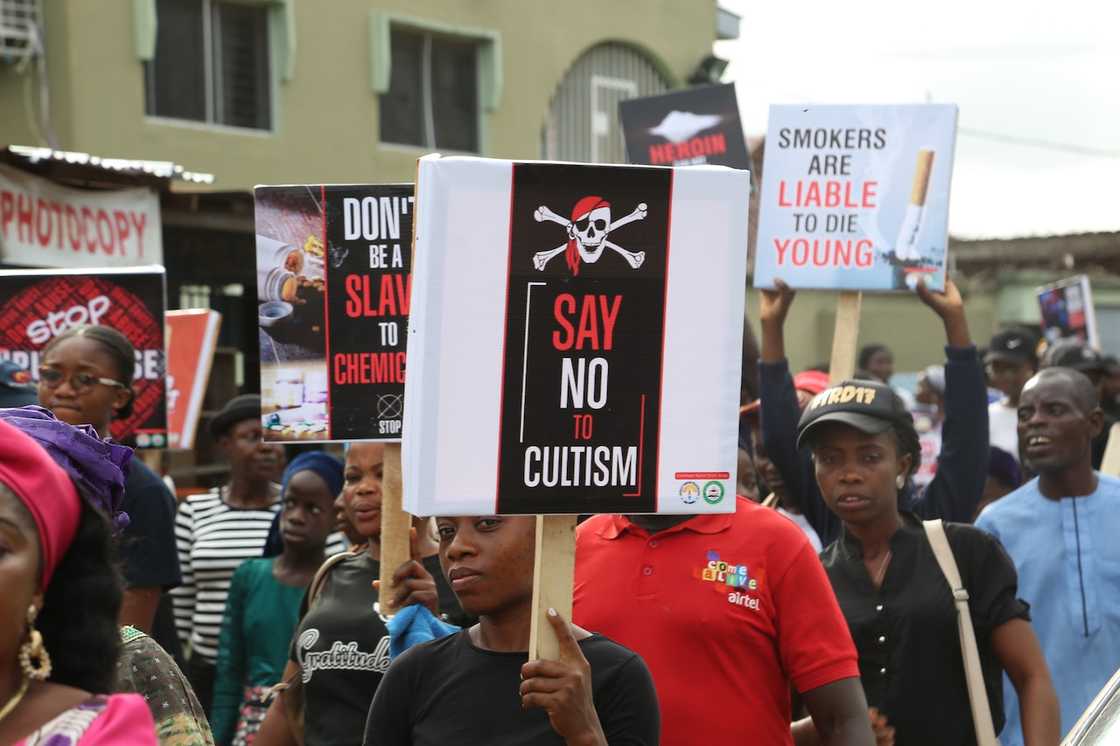
Source: UGC
When is a protest deemed illegal?
Organising a protest is a fundamental human right, but it is also important to note that it should not infringe on the rights of others. If this happens, it gives the security operatives the right to restrict such.
However, in trying to restrict protesters, certain regulations must not be floated by the officials in charge, as the protesters can file a complaint against them.
In terms of the use of force, law enforcement officials must not abuse power vested in them by the State. This means that the force they use to restrict an illegal protest must be proportional to its threat.
If an illegal but non-violent march is to be dispersed, then the 1990 United Nations Basic Principles on the Use of Force and Firearms by Law Enforcement Officials, which states thus, can be applied:
Law enforcement agents shall avoid the use of force or, where that is not practicable, shall restrict such force to the minimum extent necessary.
Law enforcement agents are hardly expected to use firearms to disperse unlawful processions. However, they are allowed to if individuals are deemed an imminent threat of death, serious injury, or a grave and proximate threat to life.
Familiarising yourself with how to organise a lawful public protest in Ghana is imperative. This is because, sometimes, it is the most effective tool that citizens can use to make their grievances heard. This knowledge will prevent the organisers and participants from erring while exercising their fundamental human right to assemble.
Signs and symbols are used for communication, and as published on Yen.com.gh, the inverted triangle symbol serves different purposes. Groups and organisations have attached meanings to whatever form of it you see.
So, what does the inverted triangle, also called the upside-down triangle symbol, mean? Check out the post to find out more.
New feature: Сheck out news that is picked for YOU ➡️ find “Recommended for you” block on the home page and enjoy!
Source: YEN.com.gh

